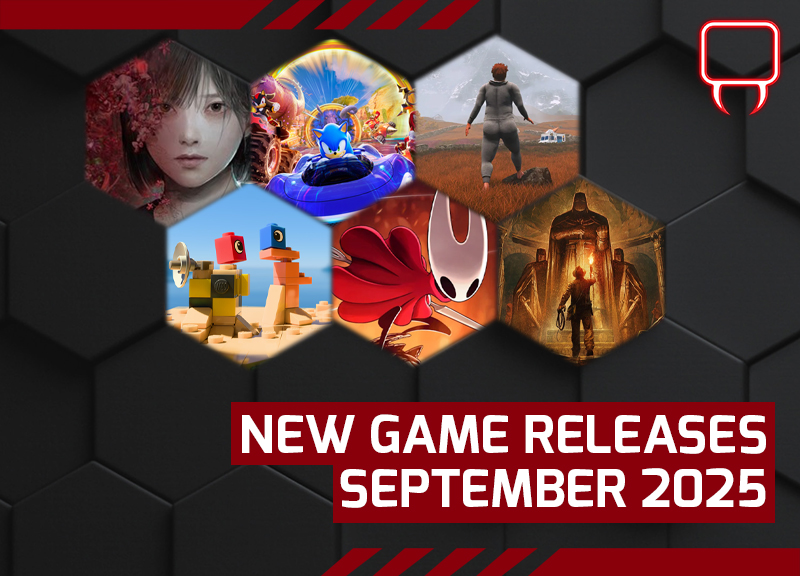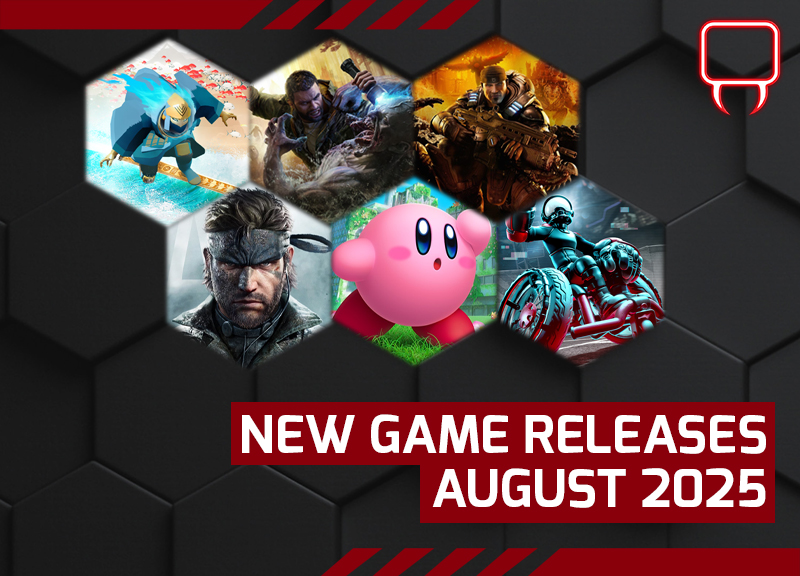More than 55 million people around the world are unfortunately living with dementia. With no cure yet found, one in three people born today will die with dementia. Race Against Dementia are an organisation that are determined to stop this awful crisis in its tracks.They are driven to raise money to fund breakthrough and innovative dementia research.
What is RAD Day?
RAD (Race Against Dementia) Day is a day that is dedicated to raising these funds, this year it falls on Saturday 28th January and their aim is to raise a whopping £127,000. Those involved will be running 3k, scooting 3k, walking 3k or those who aren’t the active type can simply play board games for 3k minutes or bake 3 cakes! It doesn’t matter what you do, it’s simply ‘3’ your way.

Gaming and dementia
As well as doing our 3 of something, and of course donating to the cause. We can use gaming to raise awareness and believe it or not, help ease the symptoms of dementia.
Dementia causes many cognitive skills to decline, including memory and reasoning. But more recent research has suggested that gaming can help to improve these cognitive skills, especially in people with dementia.
Due to the nature of dementia arising at an older age, and with hurdles such as pandemics causing the elderly to often choose to stay indoors, away from these important stimulating environments, the three dimensional and rich visuals displayed in video games can be used to mimic the outdoors and be used to enhance cognitive health.
How exactly does it work?
Due to the huge array of games on offer now,video games can be chosen or even customized specifically to directly target different cognitive issues, such as memory. With brain training games or puzzle games.
Research published in Behavioural Brain Research has shown us that 30-45 minutes of daily gaming can help improve cognition and memory functions for gamers between the ages of 60 and 80. This was found after experiments were conducted where the age group spent 30 minutes a day interacting with games like Super Mario World.

The benefits of VR
To provide someone with an all-round sensory experience, virtual reality games can be helpful, providing both cognitive and physical reinforcement. Scientists at UC San Francisco’s Neuroscape brain research centre have been working on a virtual reality video game that improves memory in healthy, older adults. Their research suggests that players over the age of 60 saw an improvement in their high fidelity memory – that’s the ability to tell new objects apart from similar ones viewed before.

Some games to get you started
Before I Forget
Developed by Alzheimer’s Research UK and 3-Fold Games to raise awareness of dementia with a percentage of sales going towards the charity, Before I Forget is a narrative exploration game where you play as Sunita, a woman living with early onset dementia.
You can wander through the rooms and discover objects that hold a memory. Examining photographs and postcards to uncover Sunita’s past, piecing together her life story.

Ether One
Ether One is an adventure game that expresses the fragility of the human mind, challenging players to complete complex puzzles to restore life changing events of the patient’s history in order to help the validation of their life. The patient in question is Jean, a woman diagnosed with dementia.
It’s depiction of dementia has been praised for educating players about the condition, and for it’s effective simulation to increase cognitive skills.

To summarise
So we’ve learned that gaming not only offers an escape, it exposes you to an environment filled with stimuli that can benefit immensely. If those with dementia are exposed to these rich gaming environments on a regular basis,it really can improve their life whilst providing some light-hearted fun and an escape from a stressful and confusing time.
Get involved - Share this article

Games Which Mock You For Cheating
Not all games let you use cheats and get away with it. Whether cheating in games is right or wrong that's up to you, but expect to be mocked if you do.
Read more
























